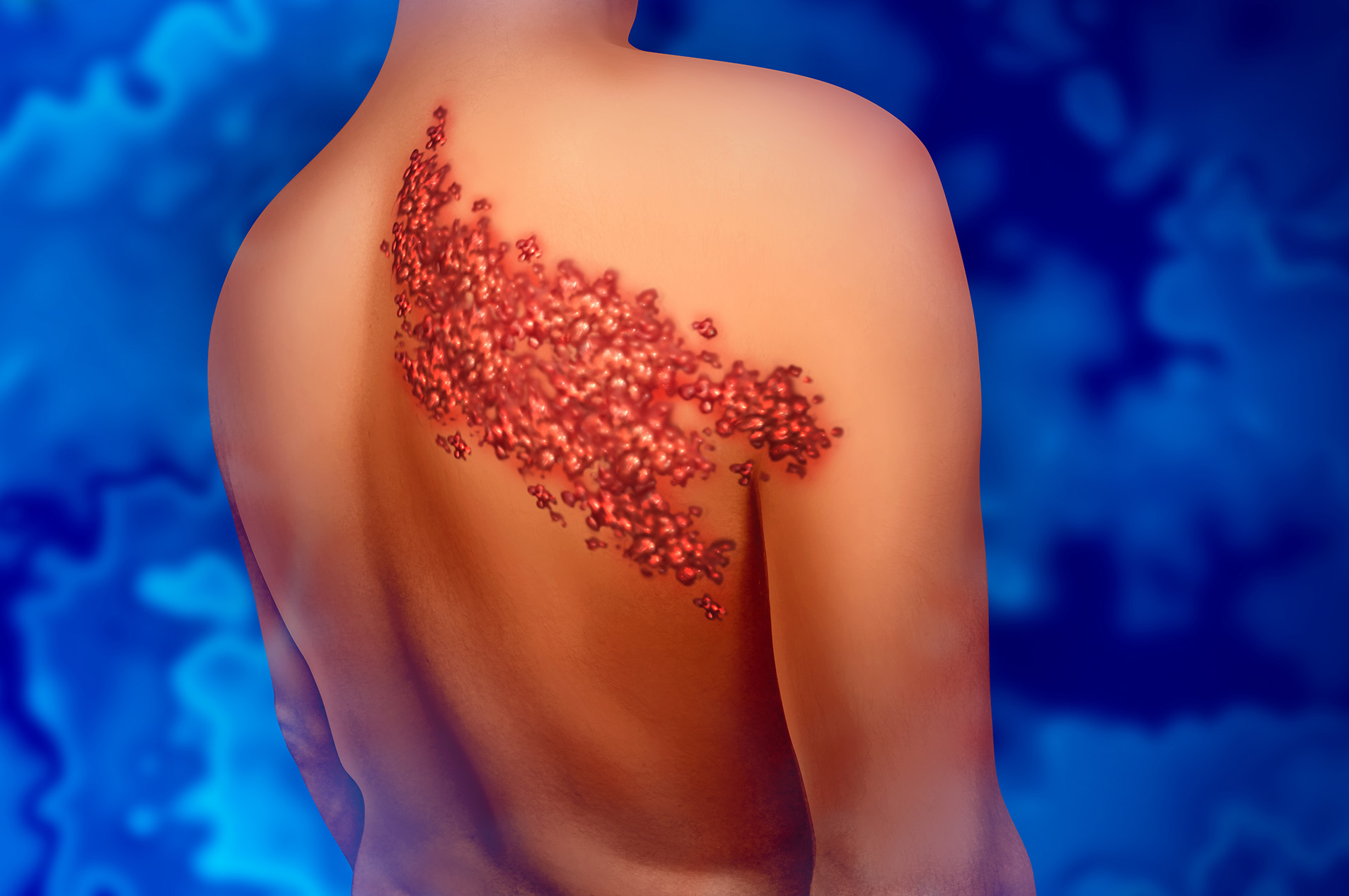Lots of things change with age, including your eyesight. If you're starting to notice blurry vision, it could be the start of macular degeneration. Bethany C. Bray, MD, with Lexington Medical Eye Care Associates, shares more.
What is macular degeneration?
Macular degeneration, also known as age-related macular degeneration (AMD), is a progressive eye disease that primarily impacts the macula, a small but essential part of the retina responsible for sharp, central vision. As the macula deteriorates, individuals may experience a loss of central vision, making it challenging to read, drive, recognize faces, and perform other daily tasks.
There are two types of AMD: Wet AMD and Dry AMD. Dry AMD is more common than wet AMD. About 80% of people who have AMD have the dry form. Dry AMD is when parts of the macula get thinner with age and tiny clumps of protein and lipid called drusen collect in the macula. People with dry AMD may have drusen, pigment abnormalities, or geographic atrophy (an area of cell loss in the retina). Central vision loss from dry AMD occurs very slowly.
Wet AMD is less common but much more serious. Wet AMD is when new, abnormal blood vessels grow under the retina. These vessels may leak blood or other fluids, causing scarring of the macula. You lose vision faster with wet AMD than with dry AMD.
What causes AMD?
While the exact cause of macular degeneration is not fully understood, several risk factors have been identified. Age is a significant factor, with the condition being more prevalent in individuals over the age of 50.
Genetics also play a role, as those with a family history of AMD are at a higher risk. Smoking, high blood pressure, and poor nutrition are additional factors that may contribute to the development and progression of macular degeneration.
What are the symptoms of AMD?
Macular degeneration often progresses slowly and may not exhibit noticeable symptoms in the early stages. However, as the condition advances, individuals may experience the following symptoms:
- Blurred or distorted vision.
- Difficulty recognizing faces.
- Increased sensitivity to light.
- Dark or empty areas appearing in the central vision.
- Changes in color perception.
Early detection of these symptoms is crucial for effective management and intervention.
How is AMD treated?
Regular eye examinations are essential for the early detection of macular degeneration. Eye doctors use a variety of tests, including visual acuity tests, optical coherence tomography (OCT), and fluorescein angiography, to diagnose and monitor the progression of AMD.
While there is currently no cure for macular degeneration, several treatment options aim to slow down its progression and manage symptoms. These include:
- Eating a diet rich in antioxidant vitamins and minerals may help reduce the risk of vision loss. Research from the Age-Related Eye Disease Study 2 (AREDS2) determined what types and dosages of antioxidant vitamins and minerals to be potentially helpful in dry AMD patients. These vitamins are sold over-the-counter with the AREDS2 formula marking on the label.
- Anti-VEGF Injections: Intravitreal injections of anti-vascular endothelial growth factor (VEGF) medications can help reduce abnormal blood vessel growth and leakage in the retina.
- Photodynamic Therapy (PDT): PDT involves using a light-activated drug to destroy abnormal blood vessels in the eye.
- Laser Therapy: In some cases, laser therapy may be used to seal leaking blood vessels.
- Low Vision Aids: Visual aids such as magnifiers, telescopic lenses, and electronic devices can assist individuals in coping with vision loss.
Regular eye check-ups, a healthy lifestyle including no cigarette smoking, and early intervention are crucial in managing this condition and preserving vision. By understanding the causes, symptoms, and available treatment options, individuals can take proactive steps in maintaining their eye health as they age. If you or a loved one experience any symptoms related to macular degeneration, seek prompt medical attention for a comprehensive eye examination and personalized care plan.








Leave a comment